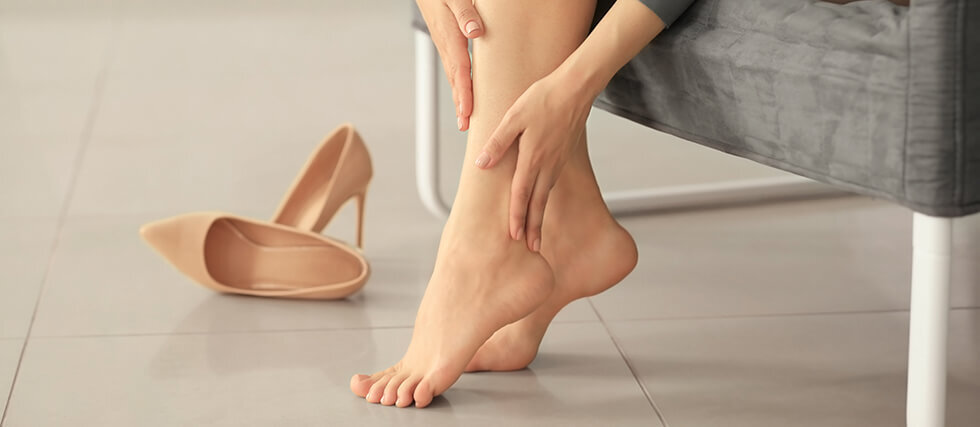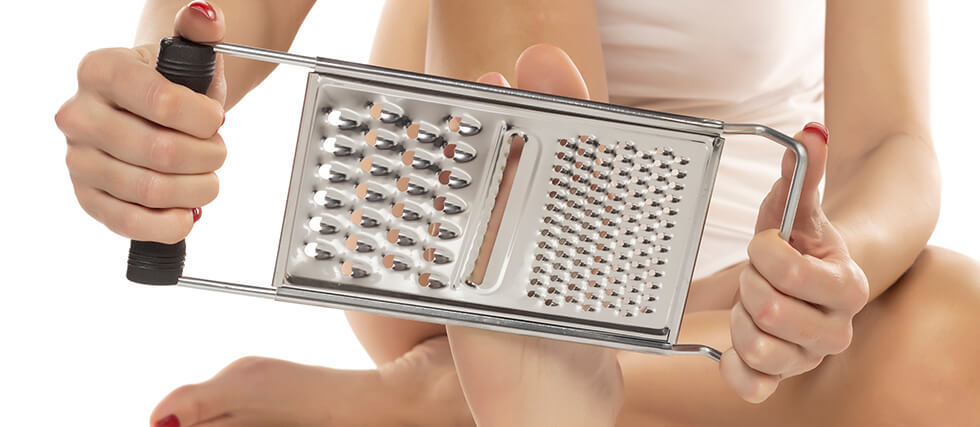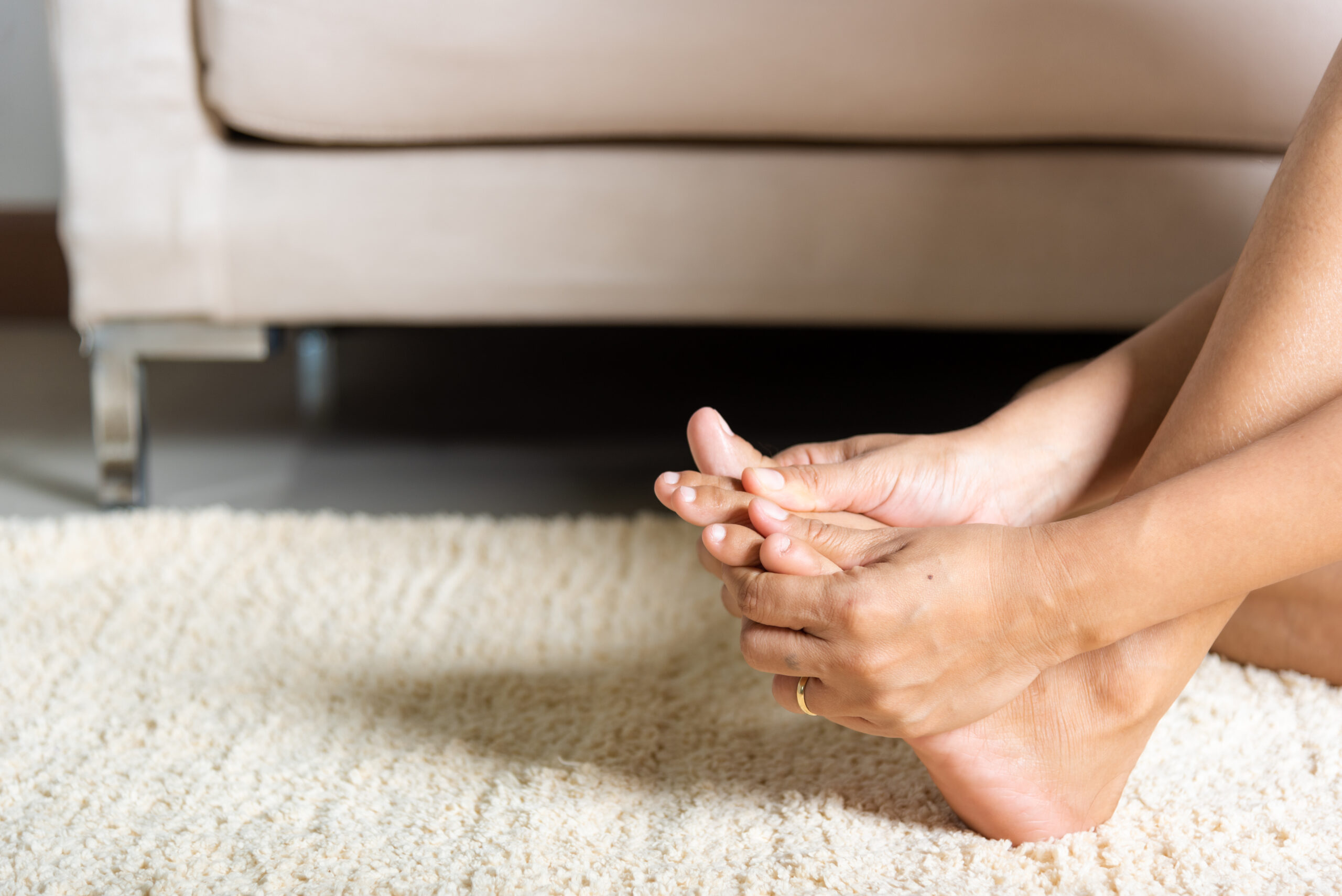Whether one toe or ten, neuropathy is more than an inconvenience – it’s often a warning sign of underlying health issues. If you’re experiencing tingling, numbness, or pain in your toes, your body might be sending you crucial signals about your overall well-being.
Ignoring these signs can lead to worsening symptoms and potential complications.
In this article, we’ll explore five hidden messages your toe neuropathy could be revealing, backed by scientific research and medical insights.
Diabetes May Be Progressing
One of the most common causes of neuropathy in the toes is diabetic peripheral neuropathy (DPN). According to the American Diabetes Association (ADA), about 50% of people with diabetes will develop some form of neuropathy. High blood sugar damages nerve fibers over time, leading to numbness, burning, or shooting pain in the toes.
What You Can Do:
- Monitor blood sugar levels regularly.
- Follow a balanced diet low in processed sugars.
- Engage in daily physical activity to promote circulation.
- Check your feet frequently for sores or injuries that may go unnoticed due to numbness.
Poor Circulation is Affecting Your Nerves
Neuropathy can be an indication of poor blood flow to your extremities, often linked to peripheral artery disease (PAD). This condition causes narrowed arteries, reducing oxygen-rich blood supply to your nerves. A study published in the American Journal of Medicine found that individuals with PAD often experience numbness and tingling in the feet due to inadequate circulation.
What You Can Do:
- Quit smoking, as it worsens arterial blockages.
- Eat a heart-healthy diet rich in omega-3 fatty acids.
- Exercise regularly to improve circulation.
- Consider a vascular check-up if symptoms persist.
A Vitamin Deficiency Could Be to Blame
If you’re experiencing neuropathy in your toes, your body might lack key vitamins, particularly Vitamin B12. This vitamin is essential for nerve health and function, and a deficiency can lead to numbness, weakness, and balance issues. A National Institutes of Health (NIH) study states that vitamin B12 deficiency is a frequent but often overlooked cause of neuropathy.
What You Can Do:
- Include more B12-rich foods like eggs, dairy, and lean meats in your diet.
- Consider B12 supplements if you’re at risk, especially if you follow a vegetarian or vegan diet.
- Get tested for vitamin deficiencies if you notice persistent numbness.
Neuropathy Could Be a Sign of Autoimmune Disorders
Several autoimmune diseases, including multiple sclerosis (MS), lupus, and rheumatoid arthritis, can trigger neuropathy by attacking the body’s nerves. According to a 2021 study published in the Journal of Autoimmunity, patients with autoimmune disorders frequently report nerve-related symptoms, including toe numbness and pain.
What You Can Do:
- Keep track of other symptoms like joint pain, fatigue, or skin rashes.
- Speak with a doctor about autoimmune screening if symptoms persist.
- Manage inflammation through an anti-inflammatory diet rich in whole foods and omega-3s.
- Consider physical therapy to improve nerve function.
Nerve Damage from Toxins or Medication Side Effects
Certain medications and environmental toxins can contribute to nerve damage, leading to toe neuropathy. Chemotherapy drugs, statins, and excessive alcohol consumption have all been linked to peripheral nerve damage. Research from the National Institute of Neurological Disorders and Stroke (NINDS) indicates that toxins can interfere with nerve signal transmission, causing numbness and weakness in the feet.
What You Can Do:
- Review medications with your healthcare provider to determine if they might affect your nerves.
- Reduce alcohol intake to minimize nerve damage.
- Avoid exposure to heavy metals and industrial toxins.
- Support nerve health with a balanced diet and hydration.
Listen to Your Feet When They Talk
Toe neuropathy isn’t just an isolated symptom. It is often a red flag for deeper health concerns. Whether it’s diabetes, poor circulation, vitamin deficiencies, autoimmune disorders, or toxin exposure, identifying the root cause can prevent further complications.
If you’re experiencing persistent numbness, tingling, or pain in your toes, don’t ignore it. Consult with a healthcare provider to determine the best course of action.




